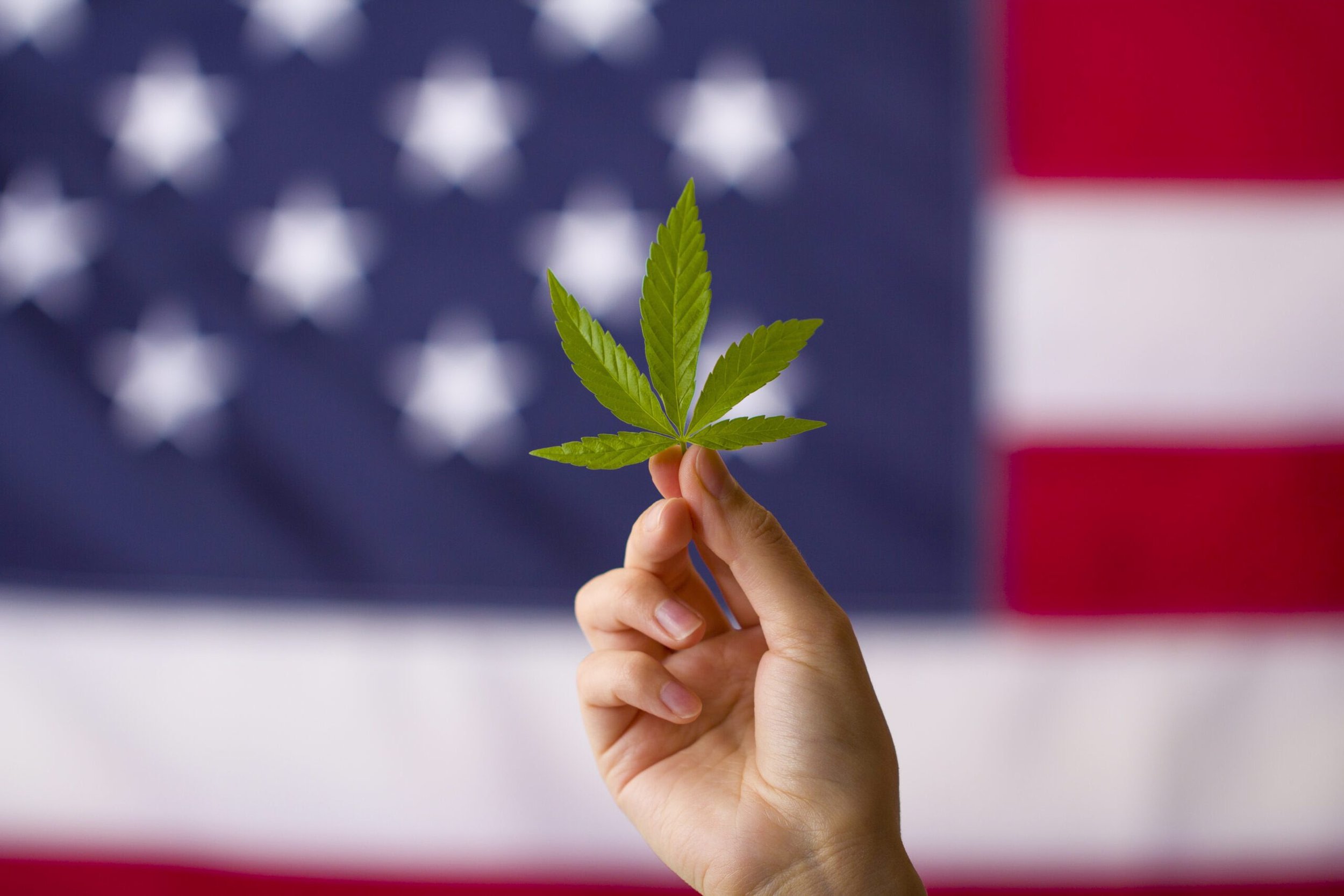Deep Dive: Marijuana Reclassification Proposed, Documents Show
In a groundbreaking move towards progressive drug policies, a recent article from The Washington Post sheds light on a proposal for the reclassification of marijuana based on lower perceived public health risks. This development marks a significant step in the ongoing discourse surrounding cannabis, challenging existing stigmas and opening avenues for informed discussions. As we delve into the details of this proposed reclassification, it's essential to explore the potential impact on public health, social perspectives, and the broader landscape of drug policy.
1: Redefining Public Health Perspectives
The proposal's primary focus on lower public health risks associated with marijuana challenges long-standing beliefs and prompts a reevaluation of how society views this widely debated substance. By delving into scientific evidence and expert opinions, the article highlights the potential benefits of marijuana reclassification. This shift could pave the way for more comprehensive research, allowing scientists to explore the medicinal properties of marijuana without the constraints of its current classification.
Moreover, by addressing the public health risks in a nuanced manner, the proposal encourages a shift from a punitive approach to a more health-oriented one. This shift aligns with the evolving understanding of substance use disorders and acknowledges that blanket prohibitions may not be the most effective means of addressing public health concerns related to marijuana.
2: Social Implications and Equity
The proposed reclassification also opens a crucial dialogue on the social implications of marijuana policies. As many have argued, current drug laws disproportionately affect marginalized communities, leading to systemic inequalities. By reclassifying marijuana based on its public health risks, there is an opportunity to rectify some of these injustices. The article explores how this shift could contribute to a more equitable distribution of resources, creating a fairer and more just society.
Additionally, by challenging stereotypes and stigmas associated with marijuana use, the proposed reclassification may contribute to a cultural shift. This shift could foster more open conversations about responsible marijuana use, eliminating the shadows of stigma and misinformation that have long clouded the public's perception.
3: Navigating the Policy Landscape
The third section delves into the practicalities of navigating the policy landscape surrounding marijuana reclassification. While the proposal is a significant step forward, it's crucial to understand the complexities involved in implementing such changes. This section explores potential challenges, regulatory considerations, and the need for bipartisan support to ensure a smooth transition towards a more progressive drug policy.
Additionally, the article discusses how stakeholders, including lawmakers, advocacy groups, and the general public, can actively contribute to the discourse and influence the trajectory of this proposed reclassification. This section aims to empower readers to engage in informed conversations about drug policy, encouraging a collective effort to shape a more inclusive and evidence-based approach.
—
As we reflect on the proposed reclassification of marijuana, it's evident that this development has the potential to reshape not only drug policies but also societal attitudes towards cannabis. By prioritizing public health considerations, addressing social inequalities, and navigating the intricate policy landscape, we can foster a more informed and compassionate approach to marijuana use. This article from The Washington Post sparks hope for a future where drug policies are rooted in evidence, empathy, and a commitment to the well-being of our communities.
Read More: Federal cannabis rescheduling docs released (Washington Post)

